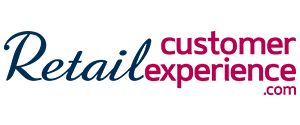- Research
- Research Memberships
- Smart Home
- Visibility Memberships
- Consumer Electronics and Entertainment
- Consulting
- Broadband and Mobility
- Primary Research
- Connected Health and Wellness
- MDU / Multifamily
- SMB
- Events
- Event
- Company
- About Parks Associates
- Consumer Electronics and Entertainment
- Consumer Electronics Devices
- Video Services: OTT, Pay TV
- Entertainment Content: Video, Audio, Gaming
-
Research
Smart Home
Smart Home Devices, Automation, Controls
Residential Security
Energy Management
Consumer Electronics and Entertainment
Consumer Electronics Devices
Video Services: OTT, Pay TV
Entertainment Content: Video, Audio, Gaming
Broadband and Mobility
Mobility
Wi-Fi and Home Networking
Support Services
Connected Health and Wellness
Wellness and Fitness
Independent Living
Telehealth
- Events
- White Papers
- Newsroom
- Company
- Consulting
- Contact Us

 Nearly 20 percent of U.S. smartphone users have used a mobile payment app at a retail location, according to new mobile research from Parks Associates.
Nearly 20 percent of U.S. smartphone users have used a mobile payment app at a retail location, according to new mobile research from Parks Associates.